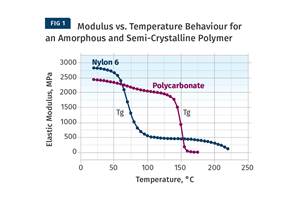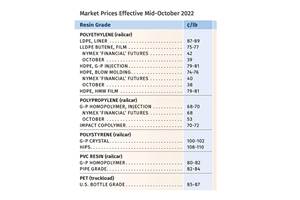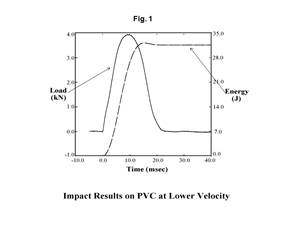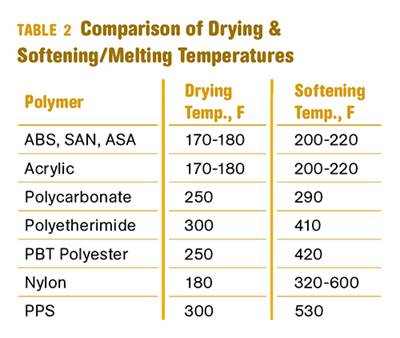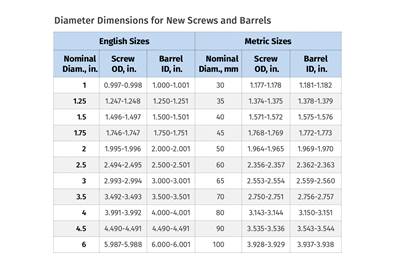UBQ Partners with Polymer-Metallization Specialist Polymertal to Create Lightweight, Sustainable Material for Complex Assemblies with Metallic Functionalities
Polymertal’s cutting-edge metal plating processes enable production of cost-effective hybrid metal-polymer parts for automotive, aerospace, communications and industrial sectors.
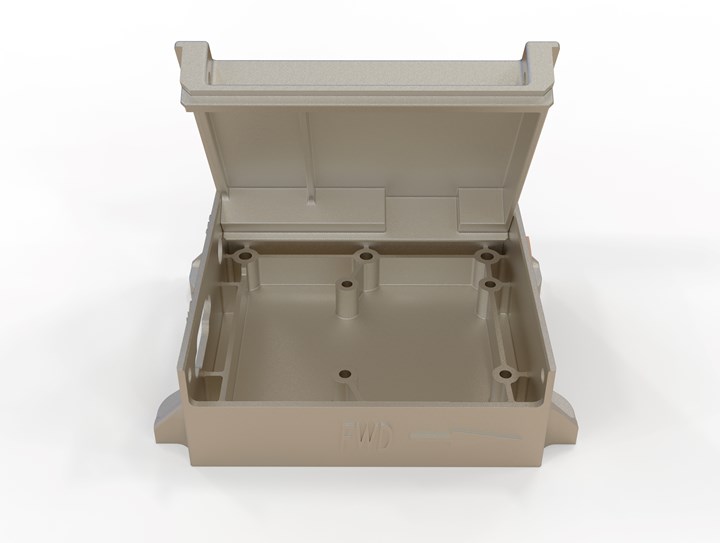
In late April, I reported on a partnership between UBQ Materials, an Isreali climate tech developer of advanced materials made from unsorted household waste. with compounder Teknor Apex to include UBQ’s sustainable plastic substitute in the latter’s latest line of sustainable TPEs. A globally patented sustainable plastic substitute, the UBQ material is converted entirely from unsorted municipal solid waste, including all organics and non-recyclable plastics, that have been diverted from landfills. UBQ already has been adopted by leading industry brands for manufacturing durable products with reduced environmental footprint, while the partnership with Teknor marked the first time UBQ will be used in TPE compounds for consumer products, automotive, industrial, and building & construction industries
UBQ Materials has also partnered with Israel’s polymer-metallization specialist Polymertal, which develops cutting-edge metal plating processes for the creation of complex, cost-effective metal-polymer hybrid parts. Through this partnership, Polymertal is developing SPP-50XX, a new sustainable material with metallic properties that contains the UBQ material in the base substrate, This enables the material to achieve a lower carbon footprint--as compared to aluminum, bringing roughly a 50% reduction in CO2 emissions, as verified by World Watchers.
More specifically, SPP-50XX is comprised of 20% UBQ and 80% PP. On top of this substrate, a layer of copper and nickel of varying thicknesses serve as the metal plating. Surfacing a polymer substrate with a lean metal plating allows SPP-50XX to remain lightweight and exhibit key metallic properties, including durability, stiffness, heat resistance and electromagnetic shielding. A key challenge for sustainable materials in competing with lightweight metals like aluminum is to achieve the necessary toughness, thermal resistance and electromagnetic shielding, features essential to applications across automotive, industrial and consumer product manufacturing.
Said Polymertal’s CEO Ran Carmeli,“We are proud to launch our sustainable materials series, the S series, including SPP-50XX and its climate-friendly thermoplastic, UBQ. Countless applications require materials that are lightweight, withstand high-temperature environments, and are thermally and electrically conductive. SPP-50XX exhibits all these features, and the presence of UBQ brings sustainability earlier in the supply chain, making it even easier for manufacturers to reduce the overall carbon footprint of their end products.”
We recently asked Guy Varon, Polymertal’s v.p. of business development & sustainability to clarify the status of commercialization and availability of the new material series.
PT: Is Polymertal making the material commercially available in the North American market—how and when?
Varon: It will be available worldwide, including the North American market. Initially, the materials will be manufactured in Israel and distributed to the U.S. Once there is an increase in demand and traction of projects that will consist of more than 100,000 units/year, dedicated U.S. operations will be initiated. In the meantime, we’re closing a collaboration agreement with a big manufacturer in South America and North America that will support all the material manufacturing locally. It is expected to be publicly announced in the coming weeks.
PT: Is the material containing UBQ compounded by Polymertal?
Varon: Polymertal oversees the entire process, and different elements are handled by various supply chain partners. Compounding itself happens through one of these supply chain partners. After compounding and injection molding, Polymertal processes the metal plating in-house.
PT: Could you provide an example of end-use component you are initially targeting for this material?
Varon: We have produced an EMI (Electro-Magnetic Interference) shielding case with this material. It is a component that exists in every vehicle and system that has power electronics inside. These need to be protected in order to be fully functioning during operation. If they are not protected with a shield, they will cause a failure and could malfunction during operation. Presently, they are manufactured through aluminum die-casted materials. We intend to replace them with our new SPP-50XX material series and significantly improve the sustainability while maintaining the performance.
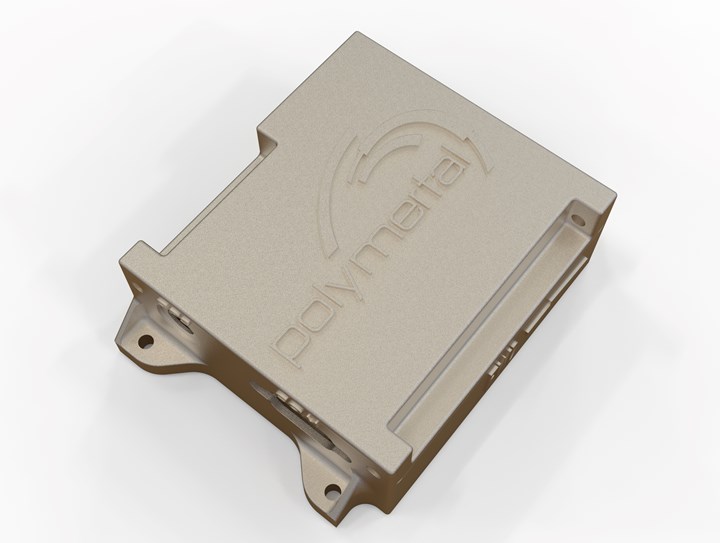
Related Content
Lanxess and DSM Engineering Materials Venture Launched as ‘Envalior’
This new global engineering materials contender combines Lanxess’ high-performance materials business with DSM’s engineering materials business.
Read MoreThe Effects of Temperature
The polymers we work with follow the same principles as the body: the hotter the environment becomes, the less performance we can expect.
Read MoreResin Prices Still Dropping
This downward trajectory is expected to continue, primarily due to slowed demand, lower feedstock costs and adequate-to-ample supplies.
Read MoreThe Strain Rate Effect
The rate of loading for a plastic material is a key component of how we perceive its performance.
Read MoreRead Next
Why (and What) You Need to Dry
Other than polyolefins, almost every other polymer exhibits some level of polarity and therefore can absorb a certain amount of moisture from the atmosphere. Here’s a look at some of these materials, and what needs to be done to dry them.
Read MoreTroubleshooting Screw and Barrel Wear in Extrusion
Extruder screws and barrels will wear over time. If you are seeing a reduction in specific rate and higher discharge temperatures, wear is the likely culprit.
Read More















.png;maxWidth=300;quality=90)



